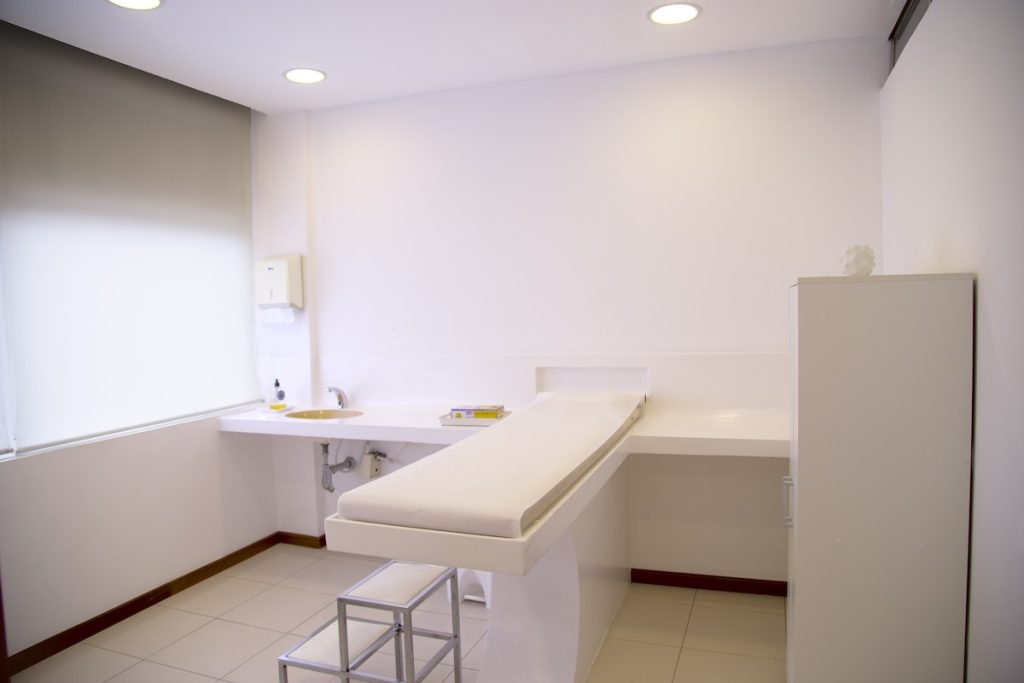Starting your own medical practice business is a huge accomplishment. This is a profitable business model with many potential customers. But because the healthcare industry is so heavily regulated, you need to take many steps to ensure that your business is compliant with all applicable laws. Starting your own business is never without its challenges. So here are a few tips to help you establish your own medical practice.
1. Do Your Research
One of the most important things you can do when starting your own business is to do your research. You need to understand the industry, the market, and your competition. This will help you create a solid foundation for your business and give you a better chance at success. Different markets will have different challenges, so you must understand the unique aspects of the healthcare industry.
For example, healthcare business patients are often under a lot of stress. They may be dealing with a serious illness or injury, so they’re likely to be more emotional than customers of other businesses. As a result, you need to be prepared to handle customer service inquiries and complaints sensitively and compassionately.
2. Create a Business Plan
Another vital step in starting your own medical practice business is to create a business plan. This document will outline your goals, strategies, and how you plan on running your business. A well-thought-out business plan will make it easier to secure funding and attract investors. In medical practice businesses, it’s imperative to have a detailed and comprehensive business plan. This is because potential investors will want to see that you clearly understand the medical industry and your target market.
To create a business plan, you first need to determine the purpose of your business. Are you looking to provide primary care services? Specialty care? Urgent care? Once you’ve decided on the focus of your business, you can start to develop your marketing strategy and financial projections.

3. Find the Right Location
The location of your medical practice is crucial. You want to make sure you are in a convenient location for patients and that the space meets all of your needs. It’s also important to consider the future when choosing a location for your business; you want to ensure it has room to grow.
Some choose to build a structure from the ground up, while others select a building and renovate to meet their medical practice’s needs. Working with an experienced medical construction company that understands the specific challenges and needs of building a healthcare facility is essential. If you’re renovating an existing space, you must ensure that it meets all the required codes and regulations.
4. Get the Right Licenses and Permits
All businesses need to have the proper licenses and permits before they can start operating. But because the healthcare industry is so heavily regulated, there are additional licenses and permits that medical practices need to obtain. The specific licenses and permits required will depend on the type of business, your services, and your location.
Some of the most common licenses and permits required for medical practices include a business license, a permit to dispense controlled substances, and a permit to operate x-ray equipment. You can usually obtain these licenses and permits from your state or local government. If you’re not sure which ones you need, you can consult with an attorney or a healthcare consultant.
5. Hire the Right Staff
As with any business, the people you surround yourself with are crucial to your success. When hiring staff for your medical practice, find individuals who share your vision and have the skills and experience necessary to help you achieve your goals. Depending on the services you plan to offer, you’ll want to hire a mix of clinical and administrative staff. Some of the most common positions in medical practices include doctors, nurses, receptionists, and billing specialists.
In addition to hiring staff, you’ll also need to find a qualified medical practice manager. This individual will be responsible for the day-to-day operations of your business and ensuring that everything runs smoothly. An excellent medical practice manager will have experience in the healthcare industry and be well-versed in the laws and regulations of medical practices. Find someone you can trust and feel comfortable delegating tasks to.
Starting your own medical practice business is no small feat, but it is achievable with careful planning and execution. By following these tips, you’ll be well on your way to success. Remember to consult with experts in the field, like healthcare consultants and attorneys, to ensure you are taking all the necessary steps to set up your business correctly.


